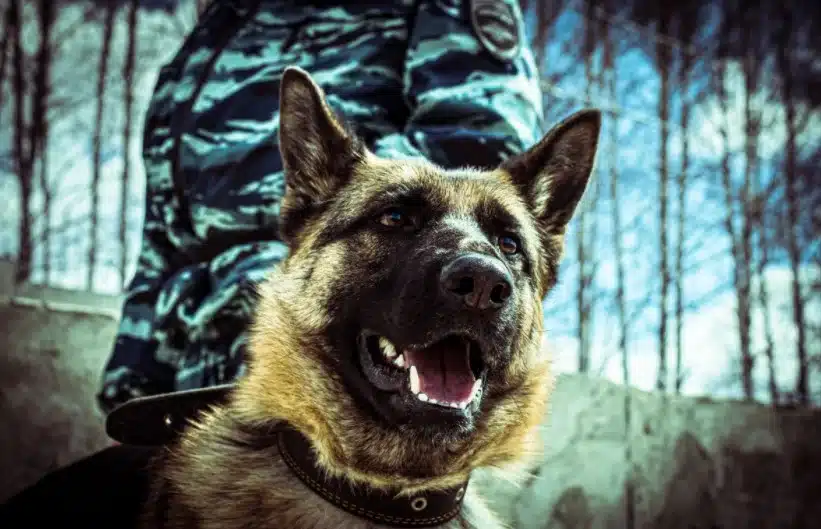
The dog bite laws in Atlanta, Georgia refer to who is at fault when a dog owned by one person bites another person, or bites another dog. The 2010 Georgia Code, Title 51 Chapter 2-7 describes what to do when a dog bites you in Atlanta.
Dog owners are required to maintain control of their dogs in Atlanta, as in every other American city. In fact, dog owners in Atlanta need to manage a dog or any animal that is considered vicious or dangerous. If the dog owner exhibits careless management of a dog, which allows the dog to go around the community loose, there is a high likelihood that the dog will bite someone. If the dog does cause injury to someone, and the person does not provoke the dog to injure the person, then the owner may be liable in damages to the person injured.
What Makes a Dog Vicious?
A dog is considered to be vicious or have a vicious propensity, if it can be shown that the animal was required to be at a heel next to the owner, or that the owner should have had the dog on a leash by city, county or government law, and the dog at the time of the dog bite incident was not at heel or on that leash. This section of the statute may go back to thinking about the basic and general training of a dog, and we may need to dive in a little deeper here.
Do Dogs Need to Be Trained by Their Owners to “Heel”?
In a word, “Yes”! In what many people considered to be the olden days, dogs used to heel or walk at or near the heels of the owner, any time that the dog was walking down the street out in public with the owner. In years past, dogs were more obedient because owners understood that being a responsible dog owner meant that the dog needed to be trained. This training included teaching the dog to unequivocally come back to the owner obediently if the dog strayed away from the owner’s reach.
It is sad to say, but today, dogs seem to run owner’s homes and are not well-trained at all. Dogs these days pull an owner up the street and down the street on a walk with the dog, jump up on people when meeting others, overtake other dogs in the dog park, and are a general nuisance to the community – all because an owner has not taken the time to properly train the dog to follow the owner’s commands to stay in bounds where the owner directs the dog to go.
There Are Bad Dogs and Bad Dog Owners in Atlanta
If an owner does not train a dog to heel, come back after straying and the dog bites another person or another dog, then the owner is going to be held as negligent or strictly liable for any dog bites that the dog perpetrates on others in the community. In Atlanta, dog owners are strictly liable for dog bites only if the dog is actually considered to be vicious or dangerous, or if the dog was in fact legally supposed to be on a leash and the dog was permitted by the owner to run free.
Learn More About Dog Bite Laws in Atlanta
The dog bite laws in Atlanta can be confusing, and we are here to straighten out the chaos of these laws for you if you have been bitten by a dog in Atlanta. Just give our injury and accident attorneys a call at the CEO Lawyer Personal Injury Law Firm. We are here for you and will help you to get the recovery that you deserve. We will give you peace of mind to know that your concerns are being heard, and we will get you the compensation that you should have as a result of being injured from the wrongful actions of other parties. Just give our Atlanta dog bite lawyers a call today at (833) 254-2923 right now.



